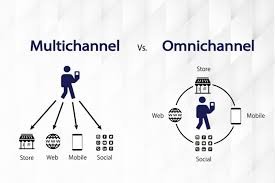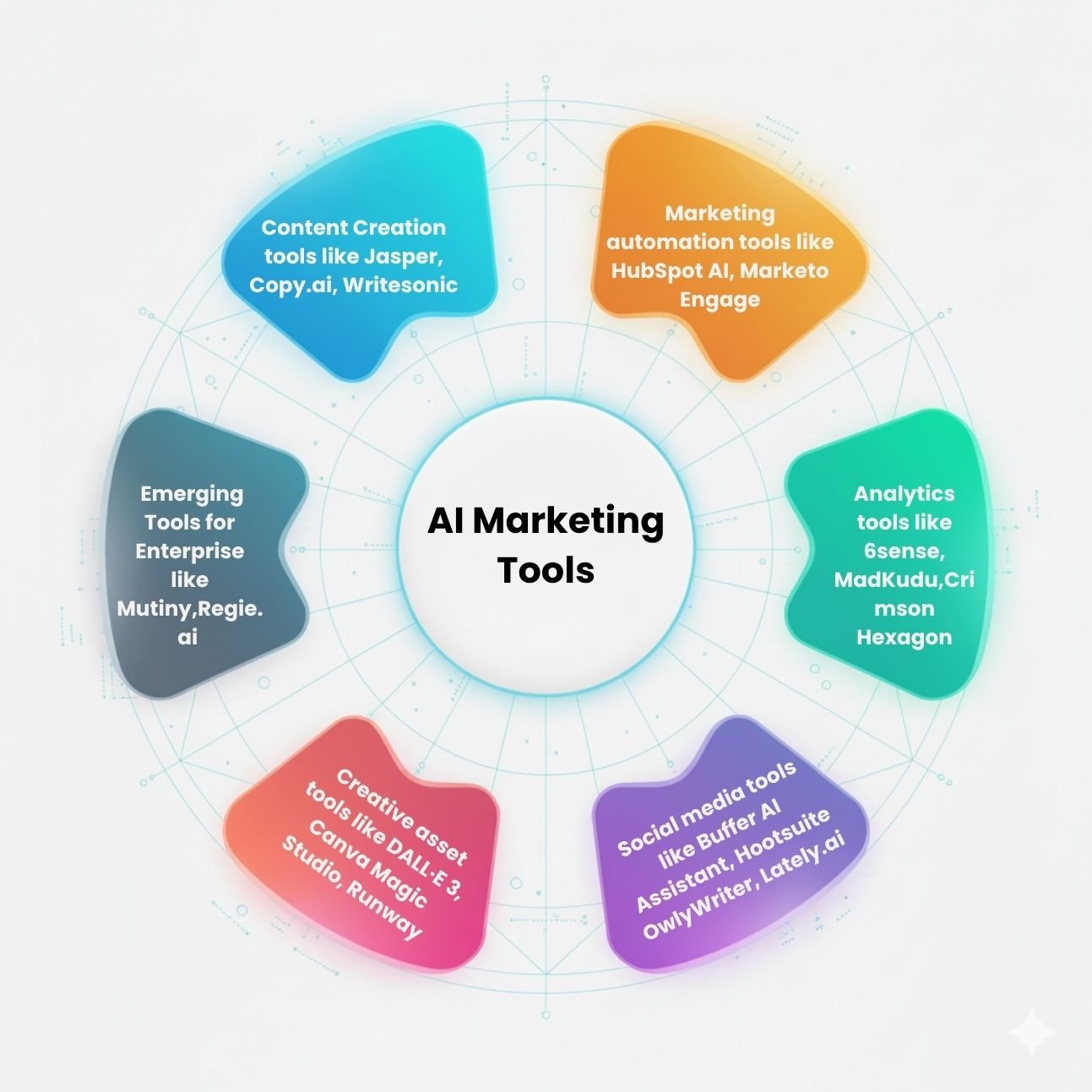
Marketing to Gen Z: Why Engaging Matters
More than a quarter of the world’s population comprises Generation Z, 26% to be exact. Everyone who is born between the period of 1997 to 2012, comes under the ambit of Gen Z. Like cultural differences, generational differences are also unavoidable. Using the same methodology to sell to different generations will not work. According to the research, on average, every third consumer belongs to Generation Z, forming 33% of the global population. Hence importance of marketing for Gen Z cannot be taken lightly.
Gen Z is probably the first generation to have grown up with smartphones and the internet, they have a special relationship with digital communication and technology that the generations before them do not. Thus, marketing to Gen Z requires a particular level of knowledge and understanding of their characteristics and dynamic field of interests. And, to make it most impactful, segmentation of your market and personalizing the market strategy to fit your custom audiences is also imperative.
Gen Z a new frontier
With a spending power of over $140 billion, Gen Z is the most ethnically and racially diverse generation ever. They are young, tech-savvy, and socially conscious.
These modern-day “digital natives” have grown up with smartphones, the Internet, and social media, making them more likely to support businesses that have established clear values, are welcoming to all people, and have a vibrant online community.
“They are driving spending, are responsible for some of the biggest societal and cultural shifts we are currently witnessing and are also making choices that will have an impact on us for years to come”, according to Liz Toney, co-founder of PRZM.
Below are some of their characteristics that can help you understand them and their inclinations:
- Financial awareness is a common trait among Gen Zs. In short, they value pragmatism and financial stability. This translates to a stable financial situation brought on by modest investments, consistent income, and conventional spending.
- Social media, currently, has a direct impact on the self-worth and self-esteem of Generation Z. In fact, the dynamic change of brand identity and brand building was accelerated by online connectivity. Social media is a common way for Gen Zs to display their distinctive personalities in a manner that describes authenticity to them.
- A technological innovation peak was witnessed by Generation Z. These technological developments affect Gen Z in both positive and negative ways. Gen Zs can broaden their knowledge and become more responsive in digesting new information thanks to the abundance of information. They are, therefore, regarded as a generation of inquisitive individuals with a hunger for new information. This has also influenced Generation Z’s preferences for communication, which are now more digitalized. Certain traits can even be mapped in the search for custom audiences, Gen Zs have a lot of variables which makes the pool extremely diverse.
Strategies that can catch Gen Z’s attention
Optimize mobile experience
Smartphone spins around the life of Gen Zs. Even with numerous gadgets at their disposal, smartphones stand out because of their convenience. According to a recent survey, 75% of teenagers prefer using smartphones instead of desktops. With this generation getting accustomed to phones early in life, their spending behavior relies deeply on that exposure.
Make visually appealing content
Gen Z marketing requires producing captivating visual content. The average attention span of Generation Z is only eight seconds. This means that in order to keep their audience’s attention, brands must develop compelling content that does so in under eight seconds. Images, flashy bite-sized videos and gifs are the go-to tools when it comes to attracting Gen Z’s attention. This is why it becomes really important for you to focus more on visual appeal than other factors. This is not to say that other factors such as the story, value, benefits, etc. should be put on the back burner.
Authenticity and transparency
Given the fact that Gen Z’s attention span lies somewhere in the range of 5-10 seconds, it becomes imperative to provide them with content that is to the point and real at the same time. By real we mean that the piece of content they’re being delivered contains all the necessary pieces of information that point toward their authenticity. For example, citing a source and attaching a link is a simple enough process, but when done the right way it paints a good picture in the mind of the consumer.
And with the emergence of data-based marketing practices and business models, transparency has become the key component in today’s digital world. The shady practices of big companies have already generated enough distrust in the people’s minds, fueling the same with sketchy claims is definitely not the right thing to do. This is where data transparency comes into the picture. If you’re looking for someone who is concerned about the way their data is being used then you can club such people under your custom audiences as some people might not be that interested in the entire ordeal as well (which is unfortunate though.)
Conclusion
As people learn to adapt, every innovation and shift in culture brings with it new challenges. If there are any changes, you should be able to adapt as a marketer. In light of this, you should focus on Gen Zs as they represent an emerging group of major consumers. The paradigm shift has not only been felt by companies but it has become a cultural phenomenon as well. From Facebook to Reddit, the influence of Gen Zs can be felt everywhere, its best to bank on it rather than let it slip. Speaking of banking on the right demographic, having an audience manager lets you focus the right groups for the campaigns you need to run. Who knows, you might stumble upon a lookalike audience that you weren’t expecting before. Well, this is where Cubera comes into the picture, with its state-of-the-art algorithms and identity graphs, you can now complete all the objectives that you want.






